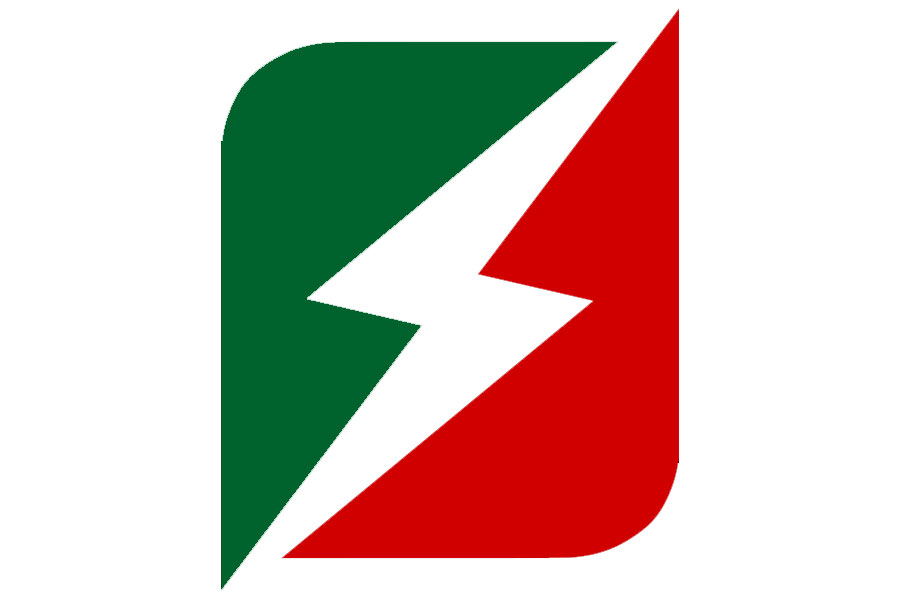
Ethiopia began selling electricity to Kenya last week, hoping to generate over 100 million dollars yearly, beefing up its foreign currency reserves. The 500Kv power substation was built for over half a billion dollars after securing finance from the African Development Bank (AfDB). The test work of power transmission on the lines was completed a week ago. China Electric Power Equipment & Technology (CEPET) completed the construction, while the German-owned Simens built the converter station and the ground electrode line. The extended transmission lines, as well as protection and data communication lines, travel for 440Km in Ethiopia over 994 towers. Managed by Asheber Balecha, EEP foresees transmitting up to 2,000Mw electric power to countries beyond Kenya, such as Tanzania and South Africa. The transmission line passes to Kenya through Wolayta, Gamo, and Konso zones in the Southern Regional State and the Borena zone in Oromia Regional State. The Ethiopian Electric Power (EEP) announced a few weeks ago that the project would begin after officials pledged to ensure security recurring thefts on power-carrying metal towers and optical ground fibre. Wolayta and Gamo zones were identified as the hotspots of the robbery, with nearly 10tns of iron bars stolen. Darmalo in the Konso zone, Adeyu Liyu, Chencha, and Derashe weredas have seen their share of rampant thefts on towers.Ethiopia sells electricity to Sudan and Djibouti, generating 95.4 million dollars last year. EEP signed a memorandum of understanding (MoU) with Somaliland, Tanzania and South Sudan. Ethiopia hopes to export electricity at 0.65 US cents for a kilowatt hour for the next five years, with a plan to renegotiate the tariff.
[ssba-buttons]